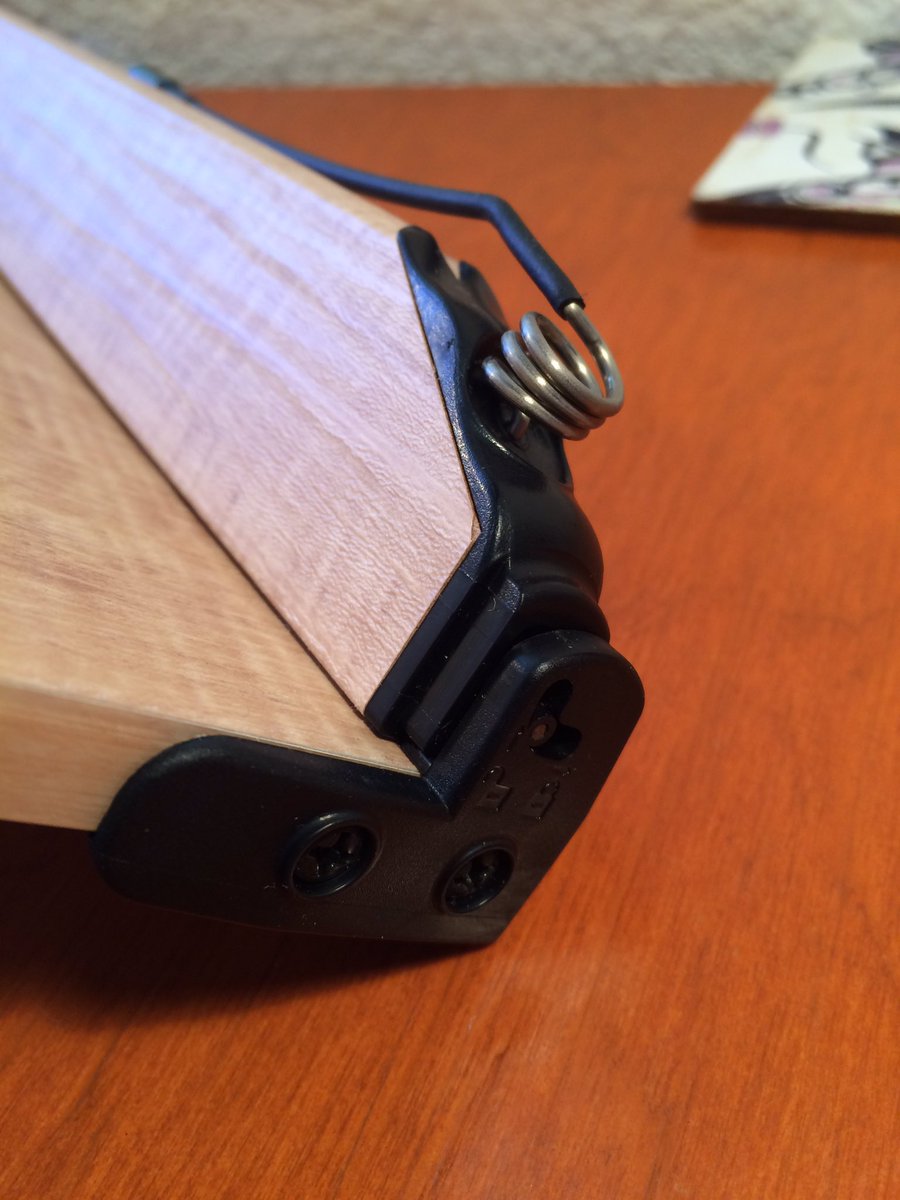
DISCLOSURE: I paid for this book stand with my hard earned and very devalued Mexican pesos. I bought it for $499 Mexican pesos (circa $23 USD) at Costco but I looked for it this weekend and I couldn’t find them anymore (I should have bought 3. Two for my home offices, one FLACSO. 



A couple of features will be intuitive like this flexible adjustment contraption in the back. This book stand comes without any instructions and there is only one YouTube video and it doesn’t give much explanation. 



The feature that was NOT intuitive at all and took me a while to move from locked to unlocked and back was the adjustable base that holds books and papers. That takes a while to tinker with but once you get it, locking and unlocking is easy peasy breeze. 





It works well with books of every size. Arms are adjustable and can hold books of good thickness (historians will love it!)
BUT it takes a while to figure out the “stand” part of the book stand.
</end thread>

BUT it takes a while to figure out the “stand” part of the book stand.
</end thread>
https://twitter.com/raulpacheco/status/1348381882191380481?s=21


If you check the online Costco for Mexico, cost increases to a whooping $700 Mexican pesos costco.com.mx/Papeleria-y-Ne…
And... for the US store for Amazon, YIKES. $80 USD plus plus $35 shipping amazon.com/Sysmax-Natural…
I made a terrible mistake. I should've bought 3.
And... for the US store for Amazon, YIKES. $80 USD plus plus $35 shipping amazon.com/Sysmax-Natural…
I made a terrible mistake. I should've bought 3.
But since I already had my carpenter hand made me one lectern to my taste, I use that for paper reading and note-taking. 

Perseverance pays off: I found more of these book stands for the lower price ($499 Mexican pesos) at Costco. I just had to search for them physically. 

• • •
Missing some Tweet in this thread? You can try to
force a refresh



